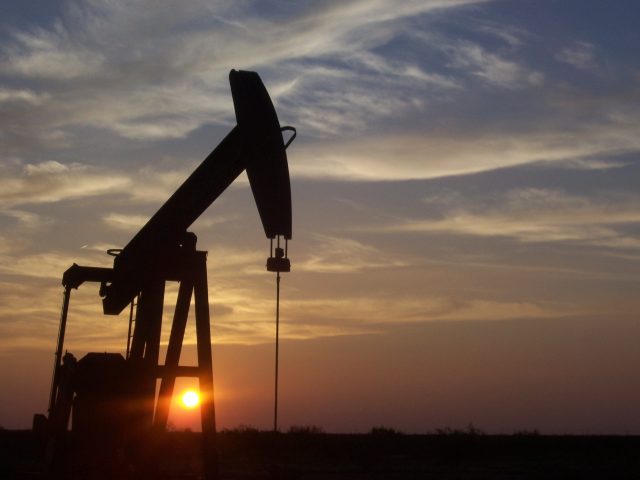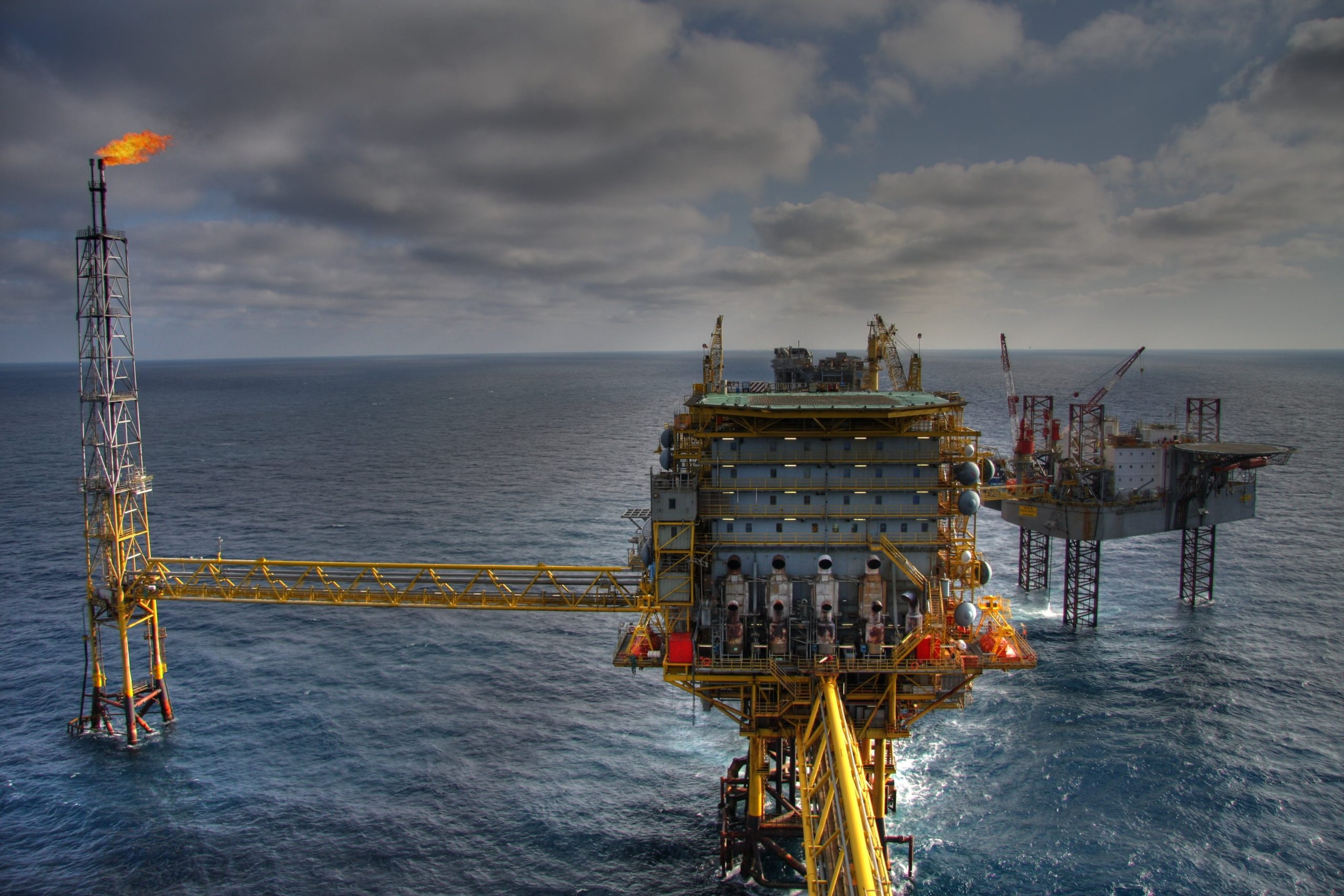
With just days to go before the end of the 28th Conference of the Parties (COP28) to the United Nations Framework Convention on Climate Change in Dubai, at least three issues remain unanswered and it was certainly unlikely that anything would change by the end.
First, there was the issue of phasing out fossil fuels, which was talked about in Dubai and elsewhere.
“Show me the roadmap for phasing out fossil fuels for sustainable socio-economic development”, the Summit host Sultan Al Jaber asked before the conference.
He stunned the world with his statement that there is “no scientific evidence” that a phase-out of fossil fuels would be necessary to limit global warming to 1.5 degrees Celsius. Or, at COP28, no “roadmap” was decided.
A second issue on which not a word was uttered was the failure to meet pre- and post-2020 climate targets. Last but not least, a third issue – which behind closed doors has raised fierce controversy – is who will administer the Loss and Damage Fund, which has just been generously replenished.
In fact, at least at the declaratory level, there have been generous donations – from sums for various funds that are supposed to support environmental projects to some to fight neglected tropical diseases that are expected to spread with climate change. That would be more than $83 billion, which the COP28 presidency has mobilised in the first five days, “setting the pace for a new era of climate action”, according to the UAE embassy in Bucharest, as quoted by Agerpres.
EU pushes for global phase-out of fossil fuels
The European Union is pushing for a global commitment to phase out fossil fuels “well before 2050”. But in his speech to the COP28 plenary session, President Charles Michel called for intensified and urgent global action to keep global temperature rise within 1.5 degrees. He reiterated the EU’s “full commitment” to the fight for climate neutrality – which should be achieved by 2050 – and stressed that the bloc wants to triple renewable energy and double energy efficiency. On fossil fuels, the president-in-office of the European Council said the EU wants to end its dependence on them “as soon as possible”.
Charles Michel pointed out that the EU has so far already reduced greenhouse gas emissions by 30% below 1990 levels, which means it has exceeded its pre-2020 target of a 20% reduction.
For its part, the US is calling for developed countries to achieve climate neutrality much earlier than 2050, but aims to decarbonise the energy system “fully or predominantly” by that date. The US is also not committing to a timetable for phasing out fossil fuels, but is calling for a clear trajectory towards 1.5°C. They want a reduction in global deforestation to net zero by 2030 and in methane by at least 30% by 2030.
All these successes and ambitious targets from the two major global players – the leading contributors to environmental funds – who have taken the lead in tackling the effects of climate change, raise questions when, according to UN reports, greenhouse gas concentrations responsible for climate change will reach record levels in 2022. Global average concentrations of carbon dioxide (CO2), the most important greenhouse gas, have exceeded pre-industrial levels by 50% for the first time. Methane concentrations have also been on an upward trend. According to an earlier UN report, in 2022, the global average temperature was 1.15°C higher than in pre-industrial times.

Climate change is almost universally accepted to be caused by burning coal, oil and gas, but many countries do not want to give up fossil fuels. According to a UN report last year, quoted by DW, oil states are even planning huge expansions that would “blow up the global carbon budget and endanger the future of humanity”. Officially, more than 100 countries support the phase-out of fossil fuels.
In fact, the president of the Dubai summit, the Sultan of the United Arab Emirates, accused of using the meeting for new oil deals, made his position clear even before COP28: phasing out fossil fuels would not allow sustainable development “unless you want to drive the world back into caves”.
COP28 did, however, tick off the increase in donations to climate funds. This is also the case for the Loss and Damage Fund, created by the COP27 agreement in Sharm El-Sheikh. In Dubai this year, the Loss and Damage Fund was successfully operationalised and capitalised with $726 million, the COP28 presidency announced, according to a statement taken by Agerpres from the UAE Embassy in Bucharest.
China tries to evade payment to the Loss and Damage Fund
The establishment of such a fund – to support developing countries without the resources to fight climate change – has long been rejected by the heavily industrialised countries. They are responsible for 80% of the greenhouse gases that enter the atmosphere. Most have improved their positions, but there are still some big polluters who are vehemently opposed. The EU has been pushing this year for more contributions and more contributors to the Loss and Damage Fund, and the US agrees in principle, but wants “highly vulnerable” countries to be the recipients of support.
A strong voice against it is China, a major economic power and a major polluter, which is trying, under the pretext of being a developing country, to avoid paying. Yet China believes that only developed countries should be contributing to the Fund. It also wants – and it is not the only significant polluter that wants this – to avoid unilateral measures in terms of sanctions for non-compliance with climate commitments. Moreover, it calls for recognition of the failures of developed countries’ pre-2020 and post-2020 climate targets. However, there is more controversy over the fund, with no agreement on which countries should have access to the fund, and who should pay and how much. Nor could a decision be taken on who would administer the fund. A committee made up of representatives from developing and industrialised countries drew up several recommendations in the run-up to the talks, but no provisional agreement was reached.
The committee – in which the US has had its say – has proposed that the fund be hosted by the World Bank, but there are plenty of countries opposed. In fact, the involvement of large financial institutions in financing climate projects – especially those aimed at phasing out fossil fuels – was a topic touched on at COP28. This is a sensitive subject, given that the European Investment Bank is the only bank to have signed the ‘Glasgow Declaration’ and pledged to stop lending to fossil fuel projects. Finally, from Dubai, a group of 10 banks released a statement saying they “intend to agree on a common approach” to tracking and reporting climate impacts, and will step up the use of analysis to help countries identify investment priorities and opportunities.
The declaration also announces a new joint programme of long-term strategies to help countries and sub-national entities develop plans on issues such as decarbonisation and climate resilience. The programme would be hosted by the World Bank. In total, in terms of financial commitments, Dubai attracted: $3.5 billion to replenish the Green Climate Fund (GCF), $133.6 million for the Adaptation Fund and $129.3 million for the Least Developed Countries (LDC) Fund, $31 million for the Special Climate Change Fund (SCCF).
The United Arab Emirates (UAE) has also launched a $30 billion catalytic fund, called ALTERRA, to boost positive climate action, which aims to mobilise an additional $250 billion globally. The UAE has allocated $200 million to help vulnerable countries through Special Drawing Rights (SDRs) and $150 million to fund water security solutions. The World Bank has announced an increase of $9 billion annually for 2024 and 2025 to fund climate-related projects. The Multilateral Development Banks (MDBs) have also announced a cumulative increase of over $22.6 billion for climate action. But the overall amount has not yet reached $100bn – a commitment made by signatories to the Paris Convention.



 Subscribe
Subscribe